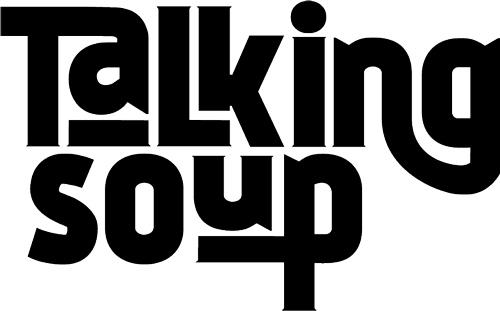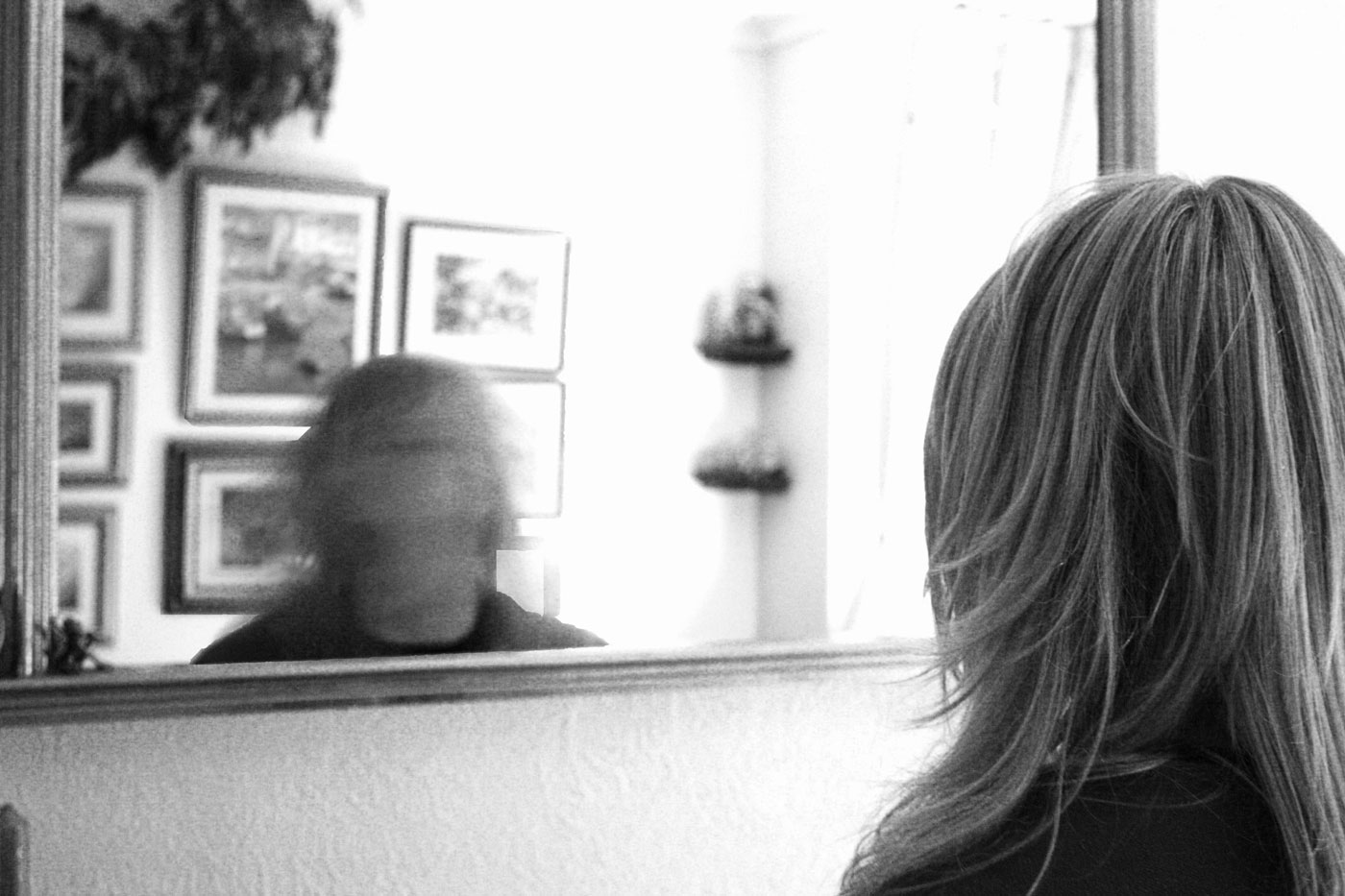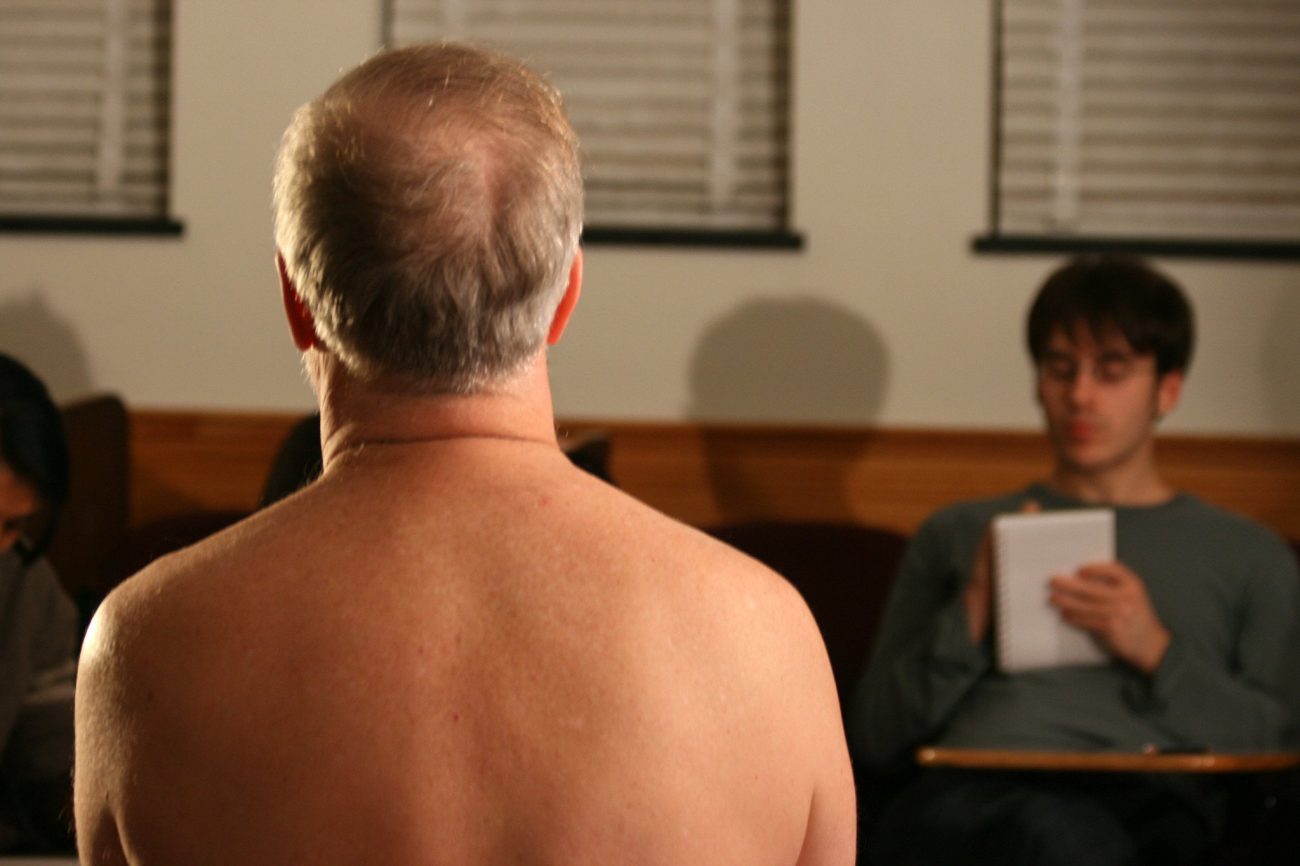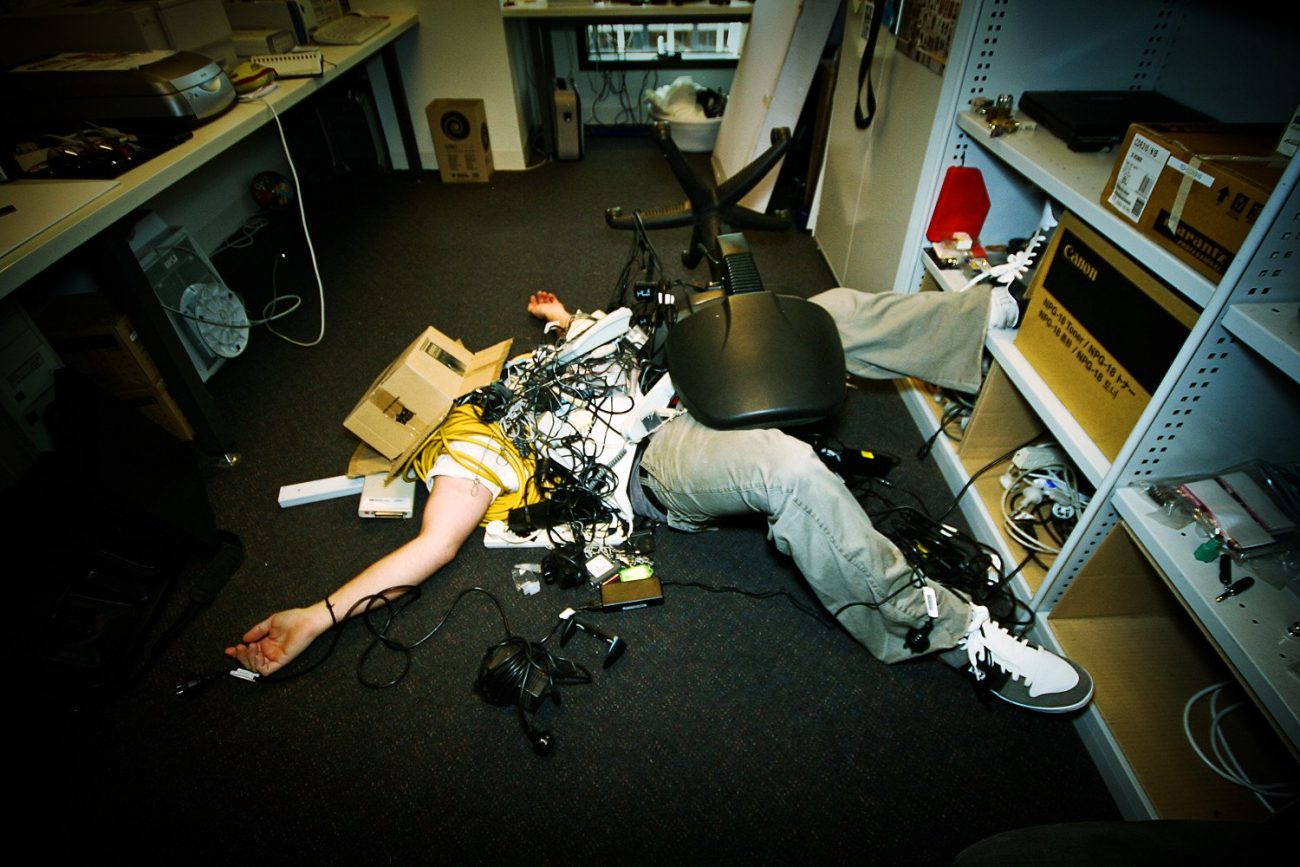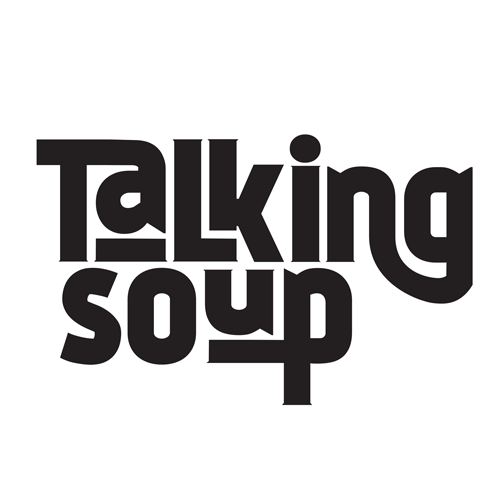Intangibles have Tangible Results
Recovering from schizoaffective disorder was a moment to moment battle that I fought every day. There were many losses and also a number of victories as I struggled through the trauma, social dysfunction, OCD, mania, bipolar disorder, schizophrenia symptoms, and everything else that was hampering me. When I first started out I could barely speak a coherent sentence, never mind have an intelligible conversation or think my way through a day on my own. In short, I started out with little to no resources in my fight for recovery and good health.
Before I had experienced two schizoaffective disorder episodes in the course of four years I had believed in working hard and doing the right thing, but my experiences made my faith in these principles waver. Just prior to my episodes I had been working as hard as I possibly could and making as many good decisions as I knew how and I still spiraled into the episodes. For a while afterwards I felt hard work and good decision making was fruitless.
“Always do the right thing and work hard” were the words I had remembered my parents saying. Once I regained my work ethic my mind started functioning better and I began making more progress in therapy. I realized that life is full of unpredictable events. However, working hard and doing the right thing are two invaluable tools against life’s unpredictability. When I had been working hard and doing a good job many things seemed to fall into place. I began making back-up plans for the unpredictable. This included things like thinking ahead and trying to make safeguards against life’s adversities. In therapy it was useful for me to predict adverse situations based upon my insecurities and weaknesses and utilize my strengths, talk therapy, and journaling, to create logical plans. This gave me expectations for these situations which enabled me to devise ways to work through them. I later became adept with social situations which I had struggled with for a long time. I started with little to no resources in emotional and mental health and I now lecture Harvard’s Resident Doctors quarterly and I’m a published author. I gathered a bit of wisdom and developed cognitive and emotional resources, and other life skills through hard work in the course of a very short period of time.
Working hard was also important in every other facet of my life because my frame of mind generally transcended from one situation to the next. Doing a good job left me with a clean conscience and it put me in the right frame of mind to think through schizoaffective disorder issues and come up with the right conclusions regarding them. This didn’t necessarily mean being a perfectionist and doing everything as perfectly as possible but it just meant to generally put forth a good effort and make certain I am producing good quality work. Functionality has always been an important thing for me to keep track of in my work so that I don’t become overzealous and obsessive compulsive in my work ethic. On days that I did a good job at my hourly positions I came home feeling refreshed, worthwhile, having good self-esteem, and my mind functioned much better than when I had worked in any other way. This made me feel deserving of self-help and I made progress on my issues. However, on days when I did a lesser job I was less inclined to help myself because I felt less deserving of that self-help. Hard work was the foundation for my recovery and it was the main factor that was well within my control.
This same concept held true for my personal life and personal decisions. When I had been doing the right thing and I was being a good person I felt better about myself and more inclined to overcome more issues from schizoaffective disorder. Making good decisions time and time again shaped me into who I am today and continually making good decisions regardless of the circumstances became a strong base for self-esteem, and a positive and functional outlook on life. Making good decisions and having good morals was important because this also kept me in the right frame of mind thus influencing my decisions regarding recovery. I learned that doing the right thing almost always seems to pay off, at least in terms of how well I am thinking and in my emotional health.
The other important concept I learned was to generally just be nice to people. Being nice to people is just a good way to be for many reasons. It also leads to a lot of help that otherwise would never be there. When I’ve been nice I’ve noticed people have been far more inclined to help me and to look out for me when they aren’t necessarily required to do so. They are more willing to go above and beyond for a person who is nice to them than for someone who is disrespectful or treats them any other way. I’ve been able to strike up conversations with people just from being nice and I’ve gained a great deal of information that I otherwise would have never had. Being nice also builds self-esteem and is similar to working hard in the sense that it puts me in the right frame of mind to think my way through my day. When I have treated people well, that’s when I’ve been at my best and my smartest because it helps my mind to function at its highest levels.
This means that I sometimes have to let things go and be forgiving of other peoples mistakes but doing so means that they’ll do the same for me. This has given me a comfort zone where I am not overly obsessive about making any mistakes. I’ve also made a lot of friends when I least expected to. For a while, making friends took a lot of effort, but now I have more than I sometimes am able to make time for.
From working hard, being a good person, and being nice to people I’ve ultimately put myself in the right frame of mind thus enabling myself to work through years of morbid adversity and come out the other side with a life well worth living. Through changing and creating a better life for myself I learned that the intangibles have tangible results in recovery, in writing, and in aspiring towards any sort of dream in life.
Steve Colori’s memoir ‘Experiencing and Overcoming Schizoaffective Disorder’ is currently available on Amazon here
I have had schizoaffective disorder since age 19 and I'm currently 29. I have eight articles published with Oxford Medical Journals and I've been writing freelance since 2011 and lecturing regularly since 2012. I regularly write for the Health & Wellness and Social Justice Sections of The Good Men’s Project. My memoir "Experiencing and Overcoming Schizoaffective Disorder" is currently available on Amazon.
